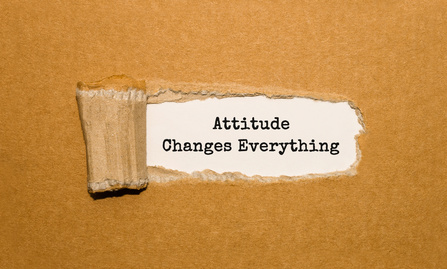For the first time in history we are seeing a 5-generation workplace. We are all living longer and healthier lives and many people are choosing to stay on longer delaying retirement. By 2024, about 25% of the workforce is projected to be over the age of 55. That compares to only about 12 percent of the workforce in 1994. In fact, in some workplaces, 55 doesn’t even begin to signify that it’s time to retire. Those in their 60s, 70s, and even 80s also are deciding to stay in place either full time or part time. This trend has resulted in a new phenomenon: more generations in the workplace:
The generations we see are these:
• Traditionalists—born before 1946
• Baby Boomers—born between 1946 and 1964
• Generation X—born between 1965 and 1976
• Generation Y, or Millennials—born between 1977 and 1997
• Generation Z—born after 1997
This brings a lot of diversity: unique backgrounds and perspectives from each generation.
What does working together in this new way mean for companies and employees? How can we ensure that the benefits of doing so are leveraged and create a positive environment for everyone where multiple perspectives and generations can thrive?
Through nurturing and building these 7 skills:
Being more adaptable: It’s easy to focus on differences and to resist change. It’s also easy to stereotype different generations. Set up plenty of opportunities for cross-generational mentoring. This can work both ways – it’s not all about younger generations being mentored by older. All age groups have opportunities to learn from each other – look for strengths that people can give to each other.
Thinking more critically: Take the time to understand where employees (even you yourself!) are at in their life paths in terms of responsibilities and interests they may have outside the workplace. But don’t make assumptions. It’s important to remember that people, regardless of generation, share both commonalities and differences. The trouble is that we make assumptions very fast. Ask more questions and challenge assumptions, especially your own!
Having empathy: make time for listening and being present. Empathy is all about being able to put yourself in someone else’s shoes but you can’t do that if you are not fully present. Make sure people have time to reflect and think too. Create moments or even spaces for reflection and technology-free time. Creating opportunities for people of different generations to interact in both work- and non-work-related settings can help to build relationships and minimize misunderstandings.
Living with integrity: This is all about walking the talk, doing what you say you will do and creating trust. If you have trust, then almost everything else follows naturally. Encourage accountability. Perhaps also revisit company values – do they reflect a multi-generational workforce? A values exercise – whether individual or company-wide is a great way to start conversations and ideas about how these are reflected at work.
Being proactive: We all have the tendency to procrastinate and multi-task no matter our age! Cultivate a culture of uni-tasking and decelerating for everyone – there will be a whole lot more productivity as a result. But also encourage a climate where people can take the initiative more – whether that is by contributing new ideas, asking for flexible working or setting their own development pathways.
Optimism every day: The three skills of being proactive, optimistic and resilience all overlap hugely so if you are strengthening any one of these you are strengthening all three by default. Optimism is all about positive action and refusing to see any setback as permanent. Encourage solutions-seeking always and create a happy work environment by including opportunities for play and relaxation as well as fun multi-generational outings and themes.
Getting resilient: The workplace of the future, and right now, demands resilience of all of us and a focus on working to our strengths and learning all the time. It’s ok to fail and if we aren’t failing then we aren’t learning. Build resilience skills through building a strong network of support in the workplace, making sure people are looking after themselves and each other.


